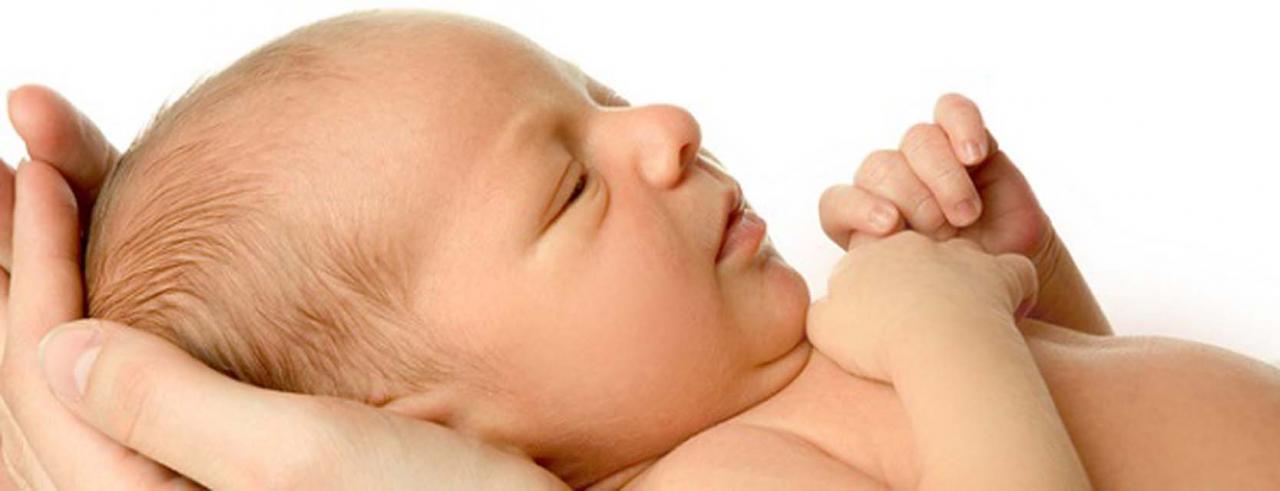Only 23,226 babies were born in December, 20.4% fewer than in December 2019 and the lowest since 1941, when such records started, the INE statistics agency said, stressing the link between the decline and one of Europe's strictest lockdowns.
"Even though the number of births has been in a constant decline trend for several years, the fall has been accentuated nine months after the lockdown during the first state of (coronavirus) emergency," an INE statement said.
However, even though Spain's initial coronavirus lockdown remained in effect for the whole of April 2020, the number of babies born in January 2021, nine months later, edged up a little to 24,061.
Demographics experts have been forecasting a baby bust across Europe for 2021, as young people of child-bearing age have generally suffered the worst economic hit from lockdowns to contain the spread of COVID-19.
Spain's fertility rate, the second lowest in Europe after tiny Malta, is still suffering the consequences of the double-dip recession caused by financial and debt crises in 2008-2012.
Similar pandemic-associated declines in births have emerged in neighbouring European countries hit hard by the pandemic such as Italy and France.
Births in Italy in December plunged by 21.6%, according to a survey released by statistics agency ISTAT, while births fell to the lowest level in France in 2020 since World War Two, according to the French statistics agency INSEE.
In Spain, births were already falling fast before the coronavirus, posting a 16% drop between 2014 and 2019.
As well as emotional challenges for couples wanting children, in the long run there will also be economic challenges for countries that may face years of struggle to pull themselves out of the economic slump caused by the pandemic.
Fewer births means fewer and older workers. This could over time crimp economic output and strain public pension schemes and welfare systems, widening the gap between the richer north of Europe, where birth rates are higher, and the poorer south.


No comments
To be able to write a comment, you have to be registered and logged in
"Fewer births means fewer and older workers. This could over time crimp economic output and strain public pension schemes and welfare systems, widening the gap between the richer north of Europe, where birth rates are higher, and the poorer south." And this is why Spain and Europe as a whole needs immigrants. I can hear the anti-immigrant shouters already raise their voices and pressing minus, but it is a simple fact. Europe (including the UK) needs more "bodies". Otherwise our way of life is unsustainable. But rather than ignoring them (the immegrants), our focus should be on proper integration, education and fair wages for immigrants and those who are willing be a part of our society. And those who wish to live the same lives as where they came from, they should be sent back.